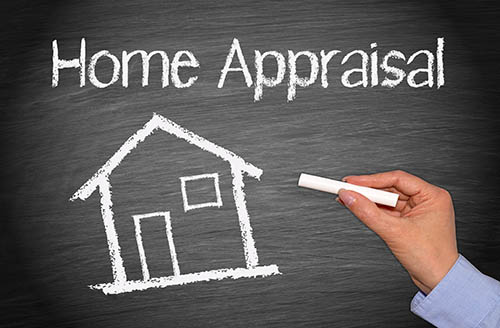 A floating interest rate, also known as a variable interest rate or an adjustable rate, is an interest rate that can change over time. Unlike a fixed interest rate, which remains constant for the entire duration of a loan or investment, a floating interest rate fluctuates periodically based on certain factors or benchmarks.
A floating interest rate, also known as a variable interest rate or an adjustable rate, is an interest rate that can change over time. Unlike a fixed interest rate, which remains constant for the entire duration of a loan or investment, a floating interest rate fluctuates periodically based on certain factors or benchmarks.
The advantage of a floating interest rate is that it can offer flexibility. When interest rates are low, borrowers can benefit from reduced interest payments. However, if interest rates rise, the cost of borrowing will also increase.
How Does A Floating Rate Work?
A floating interest rate works by adjusting periodically based on a predetermined formula or benchmark. Here’s a general overview of how a floating rate typically operates:
Selection of a Benchmark: When entering into a loan or investment agreement with a floating rate, a benchmark or reference rate is chosen. Common benchmarks include the prime rate, LIBOR, or a government bond yield. The benchmark serves as a starting point for calculating the interest rate.
Margin or Spread: In addition to the benchmark, a margin or spread is set. The margin remains constant throughout the loan or investment term and is added to the benchmark to determine the final interest rate. For example, if the chosen benchmark is 3% and the margin is 2%, the floating interest rate would be 5%.
Periodic Rate Adjustments: The frequency of rate adjustments is specified in the loan or investment agreement. The interest rate may be adjusted annually, quarterly, monthly, or even daily, depending on the terms. At each adjustment period, the interest rate is recalculated based on the current value of the benchmark.
The Pros And Cons Of Using A Floating Rate Mortgage Loan
Using a floating rate mortgage loan, also known as an adjustable-rate mortgage (ARM), has both advantages and disadvantages. Here are some of the pros and cons to consider:
Pros:
Initial Lower Interest Rate: One of the main advantages of a floating rate mortgage is that it often starts with a lower interest rate compared to a fixed-rate mortgage.
Potential for Future Savings: If interest rates decrease over time, borrowers with a floating rate mortgage can benefit from lower monthly payments.
Flexibility: Floating rate mortgages often provide more flexibility than fixed-rate mortgages. Depending on the terms of the loan, borrowers may have the option to refinance or sell the property without incurring significant prepayment penalties.
Cons:
Uncertainty and Rate Fluctuations: The main disadvantage of a floating rate mortgage is the uncertainty associated with rate fluctuations. The interest rate is subject to periodic adjustments based on market conditions, which means the monthly payment can change over time.
Potential for Higher Costs: If interest rates increase significantly during the loan term, borrowers may end up paying more in interest over the long run compared to a fixed-rate mortgage.
Limited Predictability: Unlike a fixed-rate mortgage, where the monthly payment remains constant throughout the loan term, a floating rate mortgage introduces uncertainty.
Refinancing Risk: If interest rates rise substantially, it may become more challenging to refinance the mortgage or obtain a new loan with favorable terms.
It’s essential for borrowers to carefully evaluate their financial situation, risk tolerance, and future plans before opting for a floating rate mortgage. Assessing the potential impact of rate fluctuations and considering long-term financial goals can help borrowers make an informed decision.
Consulting with a financial advisor or mortgage professional is recommended to fully understand the implications of a floating rate mortgage and determine if it aligns with your needs.
 Appraisers consider several factors when valuing a house to determine its fair market value. The goal of the appraisal is to provide an unbiased and accurate assessment of the property’s worth.
Appraisers consider several factors when valuing a house to determine its fair market value. The goal of the appraisal is to provide an unbiased and accurate assessment of the property’s worth. Imagine having some extra cash on hand, enough to make a significant financial decision that could potentially shape your future. You’ve worked hard to build equity in your home, and now you find yourself at a crossroads. Should you invest in a vacation home or use the money to pay off your first mortgage?
Imagine having some extra cash on hand, enough to make a significant financial decision that could potentially shape your future. You’ve worked hard to build equity in your home, and now you find yourself at a crossroads. Should you invest in a vacation home or use the money to pay off your first mortgage?